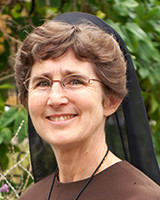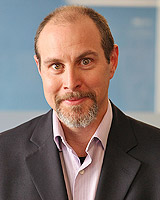§139. When we speak of the “environment”, what we really mean is a relationship existing between nature and the society which lives in it. Nature cannot be regarded as something separate from ourselves or as a mere setting in which we live. We are part of nature, included in it and thus in constant interaction with it. Recognizing the reasons why a given area is polluted requires a study of the workings of society, its economy, its behavior patterns, and the ways it grasps reality. Given the scale of change, it is no longer possible to find a specific, discrete answer for each part of the problem. It is essential to seek comprehensive solutions which consider the interactions within natural systems themselves and with social systems. We are faced not with two separate crises, one environmental and the other social, but rather with one complex crisis which is both social and environmental. Strategies for a solution demand an integrated approach to combating poverty, restoring dignity to the excluded, and at the same time protecting nature.
§225. On the other hand, no one can cultivate a sober and satisfying life without being at peace with him or herself. An adequate understanding of spirituality consists in filling out what we mean by peace, which is much more than the absence of war. Inner peace is closely related to care for ecology and for the common good because, lived out authentically, it is reflected in a balanced lifestyle together with a capacity for wonder which takes us to a deeper understanding of life. Nature is filled with words of love, but how can we listen to them amid constant noise, interminable and nerve-wracking distractions, or the cult of appearances? Many people today sense a profound imbalance which drives them to frenetic activity and makes them feel busy, in a constant hurry which in turn leads them to ride rough-shod over everything around them. This too affects how they treat the environment. An integral ecology includes taking time to recover a serene harmony with creation, reflecting on our lifestyle and our ideals, and contemplating the Creator who lives among us and surrounds us, whose presence “must not be contrived but found, uncovered”.[155]
Constructed wetlands
various forms of wetlands and ponds constructed to biologically treat and purify wastewater.
Ecological Virtues
application of virtue ethics to environmental problems.
Integral Ecology
the integration of human and natural ecology; it includes social, economic, cultural ecology, the “ecology of daily life,” and the relationship between human life and the moral law (Laudato Si’ §139-155).
Mediation
the human shepherding of creation into its full fertility and its offering as a gift to God.

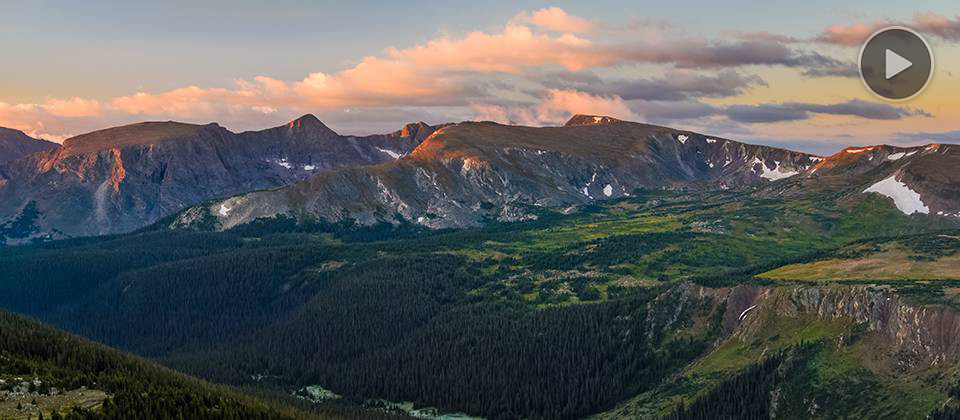
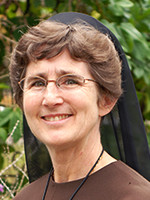 The Environmental Engineer:
The Environmental Engineer: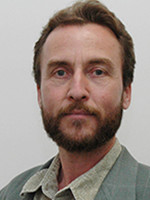 The Physicist:
The Physicist: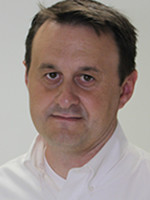 The Biologist:
The Biologist: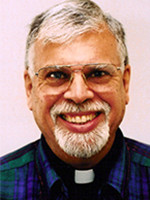 The Orchid Lover:
The Orchid Lover: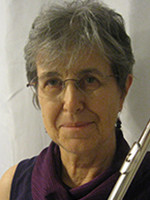 The Musician:
The Musician: The Neuropsychologist:
The Neuropsychologist: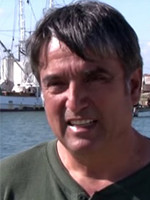 The Shrimper:
The Shrimper: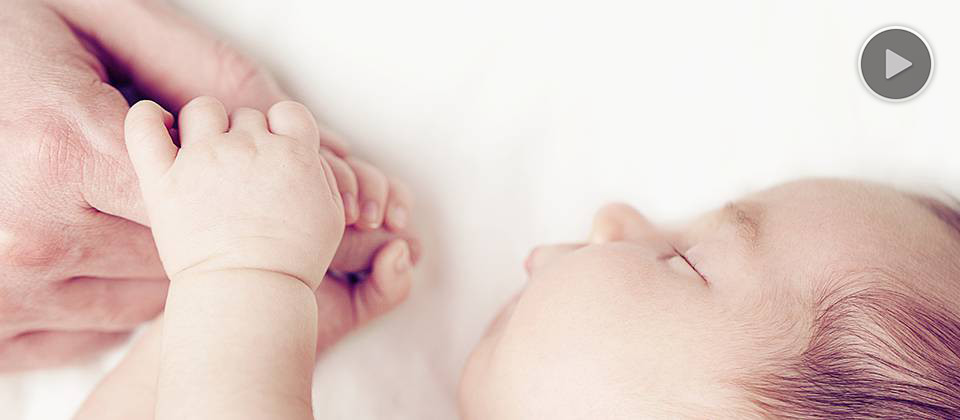
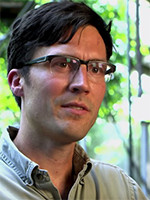 The Zookeeper:
The Zookeeper: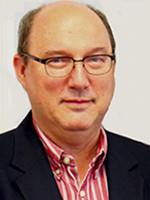 The Philosopher:
The Philosopher: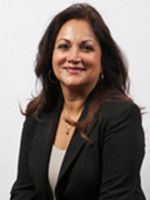 The Musician:
The Musician: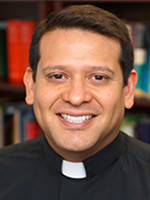 The Scripture Scholar:
The Scripture Scholar: The Dance Coach:
The Dance Coach: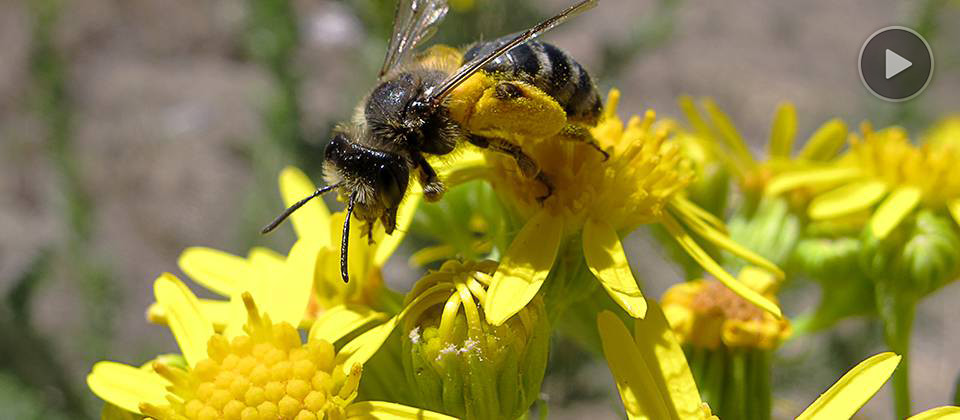
 The Urban Agriculturists:
The Urban Agriculturists: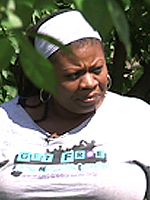 The Urban Agriculturists:
The Urban Agriculturists: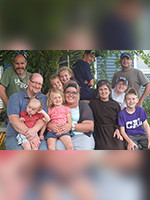 The Family:
The Family: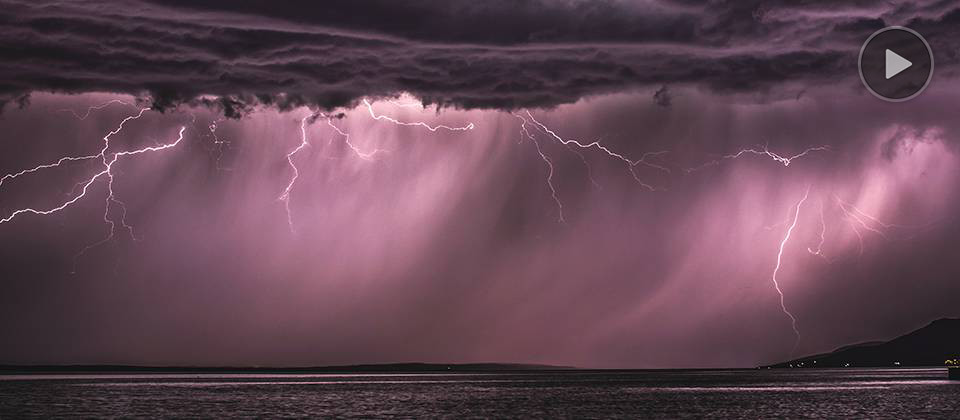
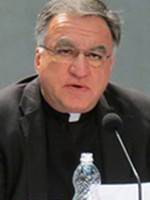 The Vatican Spokesperson:
The Vatican Spokesperson: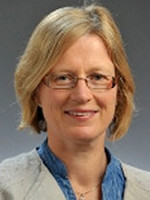 The Theologian:
The Theologian: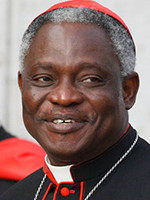 The Cardinal:
The Cardinal: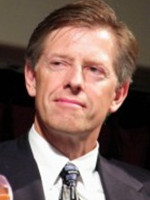 The Waste Management Expert:
The Waste Management Expert: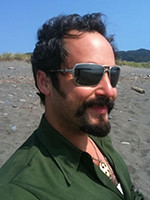 The Biologist:
The Biologist: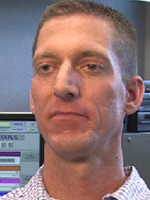 The Water Purification Expert:
The Water Purification Expert: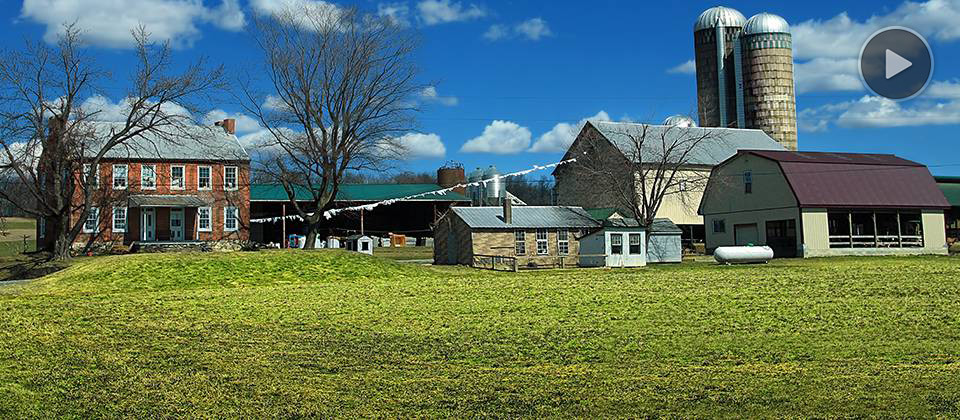
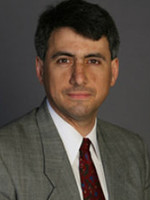 The Theologian:
The Theologian: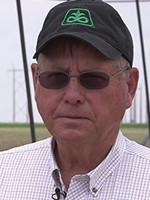 The Farmers:
The Farmers: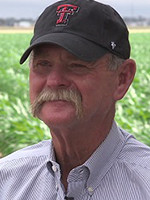 The Farmers:
The Farmers: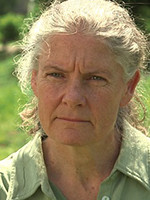 The Farmers:
The Farmers: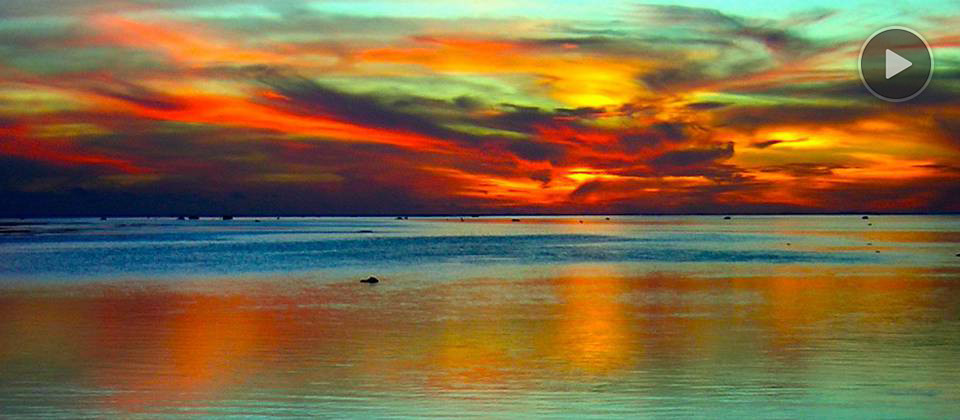
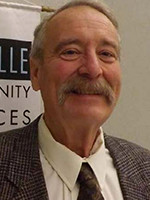
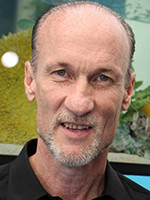 The Marine Life Rescuers:
The Marine Life Rescuers: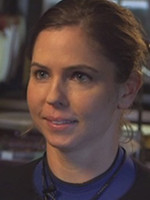 The Marine Life Rescuers:
The Marine Life Rescuers:
